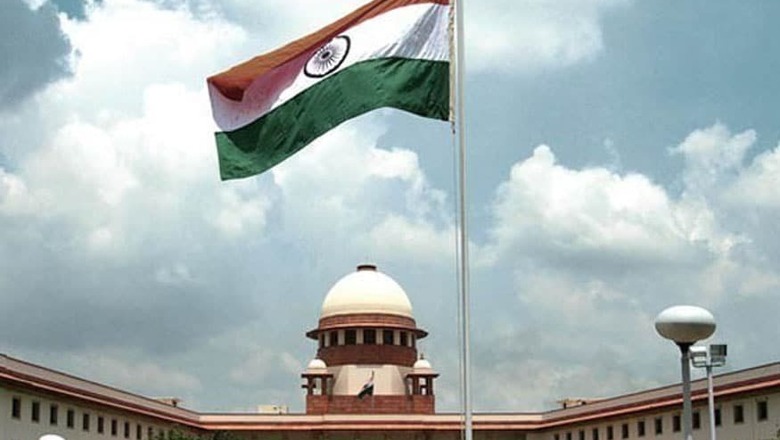
views
New Delhi: Clearing the decks for action against a few former senior bureaucrats in Bengaluru, the Supreme Court has ruled that municipal commissioners and chief officers can also be prosecuted under the Water (Prevention and Control of Pollution) Act over pollution of water bodies in their jurisdictional areas.
Clarifying the law on this point, a bench headed by Justice Ashok Bhushan held that municipal bodies shall be deemed to be 'body corporate' and 'company' for the purposes of the Act, and that their heads could be prosecuted for polluting water.
The top court noted an ambiguity in this regard for want of a precedent as to whether a municipal commissioner can be considered as head of a government department, liable to be prosecuted under the Water Pollution Act.
Discussing the objectives of the Act as also various other provisions, the bench noted that city municipal council and city municipal corporation are created or incorporated by the state and entrusted with the municipal functions, which includes ensuring clean environment to the residents, to control pollution.
It went on to conclude that offences by body corporate like city municipal council and corporations are covered under Section 49 wherein a complaint has to be initiated by a pollution control board, treating it to be offence as by 'company'.
With the clarification of the law on this point, the bench also paved way for prosecution of at least three former municipal commissioners in Bengaluru, against whom the Karnataka State Pollution Control Board had sought to initiate action.
In 2006, the Board had filed a complaint against municipal commissioners Krishnarajapuram, Kengeri, Rajarajeshwari Nagar and Mysore Road before a judicial magistrate in Bengaluru.
The complaints stated that the officials had not only failed in setting up sewage treatment plants within the stipulated time but the accused persons have continuously been discharging the untreated sewage into the water bodies like ponds, lakes, natural valleys etc.
Some of these approached the High Court, which quashed the complaint after holding that commissioner of municipal council, chief officer of council cannot be termed as head of the department and they cannot be prosecuted under the Water Pollution Act.
But the Supreme Court, following its ruling, set aside this order and ordered that the magistrate may proceed with the complaints in accordance with law.




















Comments
0 comment